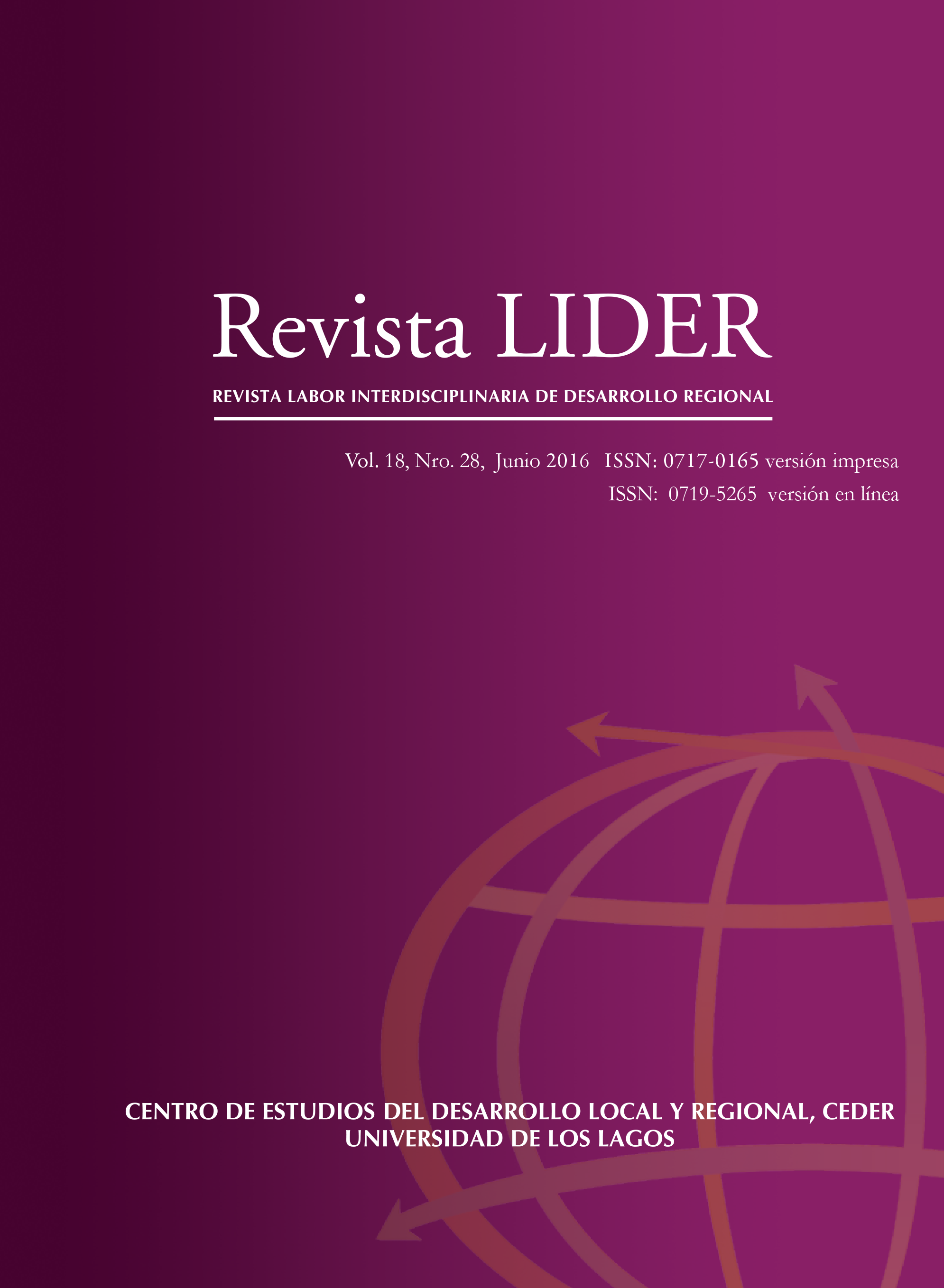Rural Economy, Decentralization, and Development: City of Granada in Antioquia (Colombia)
Main Article Content
Issue:
Vol. 18 No. 28 (2016): Junio
Section: ARTÍCULOS DE INVESTIGACIÓN
Abstract
There is an effective inconsistency between the globalizing discourse, the capitalist modernity in Latin American realities, flooded by developmentalist discourses; while a situational "theoretical" opening implies the existence of a strong economic structure framed by capitalist relations of production, it is evident that the relations of production in our region are far from that. The numerous reforms to the State, the political paradigm shift, as evidenced by constitutional reforms that were experienced in Latin America in the eighties and nineties, seem to respond to external proposals and are outside the context of the region itself. The constitutional proposal in Colombia, from 1991, converts municipalities into decentralized entities, delegating to them responsibilities that were peculiar to the State Central Office. It is clear that the decentralization process in Colombia emerged as a response to the exogenous "development" discoursivities, as a legacy of political realities inherited from what historically was called the "National Front". In the economic arena on one hand, and in the political arena, on the other, and in accordance with the contradiction mentioned above, is where in the political arena, we look to strengthen the state, make it closer to the people and give the citizens participation, all the while, reducing it to the minimum with regard to economic factors.
Article Details
Velez, J. M. (2020). Rural Economy, Decentralization, and Development: City of Granada in Antioquia (Colombia). Revista LIDER, 18(28), 96-122. Retrieved from https://revistaliderchile.ulagos.cl/index.php/liderchile/article/view/2435
Downloads
Download data is not yet available.

This work is licensed under a Creative Commons Attribution-NonCommercial-ShareAlike 4.0 International License.
